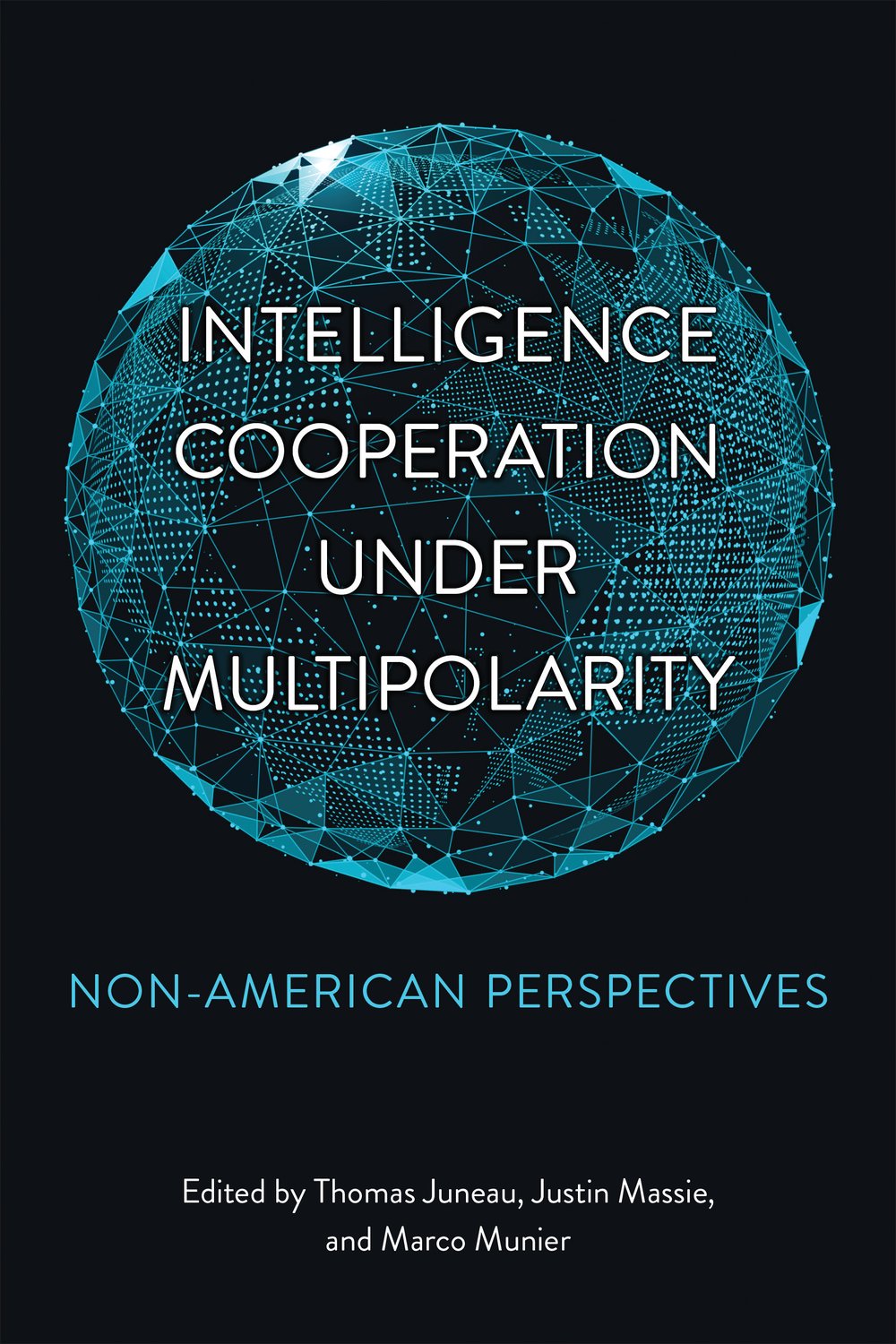Intelligence Cooperation under Multipolarity
Non-American Perspectives

While counter-terrorism has been the primary focus of the defense and national security policies of major Western states in the last two decades, recent years have seen the re-emergence of states as the major threat.
Intelligence Cooperation under Multi-Polarity offers a timely analysis of the challenges and opportunities for intelligence cooperation, characterised by the re-emergence of great power competition, particularly between the United States, China, and Russia. This collection explores foreign policy and national security tools and partnerships that have emerged as the United States, typically an international leader, experiences internal and external shocks that have rendered its role on the international stage more uncertain. The book specifically focuses on non-American perspectives in order to understand how America's allies and partners have adjusted to global power transitions. Drawing on contributions from leading intelligence and strategic studies scholars and professionals, Intelligence Cooperation under Multi-Polarity aims to broaden and deepen our understanding of the consequences of the power transition on national security policies.

Thomas Juneau is an associate professor in the Graduate School of Public and International Affairs at the University of Ottawa.
Justin Massie is a professor of political science at the Université du Québec à Montréal and Co-Director of the Network for Strategic Analysis.
Marco Munier is a PhD candidate in Political Science at the Université du Québec à Montréal.
